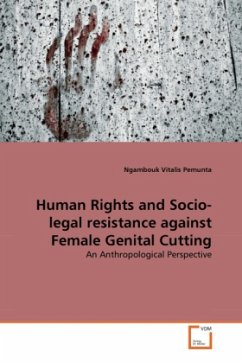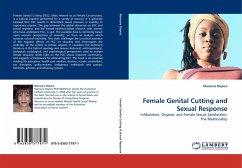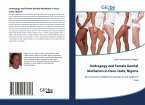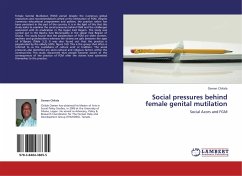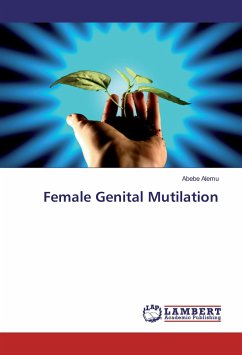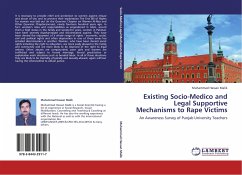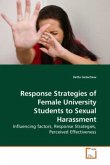Human rights-based interventions against genital cutting practices (FGC) have increasingly emphasised the need for legislation against such practices with little attention to the consequences. Accordingly,the international community has compelled state parties by linking international development aid to good governance and human rights- the rights of women and children- through the elimination of genital surgeries and other gender-based discriminatory practices by adopting appropriate legislation that will deter practitioners. This ethnographic study explores diverse local reactions among FGC practicing Ejagham ethnicities in Southwest Cameroon. It highlights the dilemmas inherent in an anti-genital cutting legislation. Drawing from the experiences of African countries that adopted anti- FGC legislation, it demonstrates that the ''bifurcated power structure in the postcolonial Context and therefore multiple overlapping authority systems- between the national government and traditional village authority system - and the state's lack of ' statehardness are some of the dilemmas compromising the adoption and implementation of an anti-FGC legislation in Cameroon.

